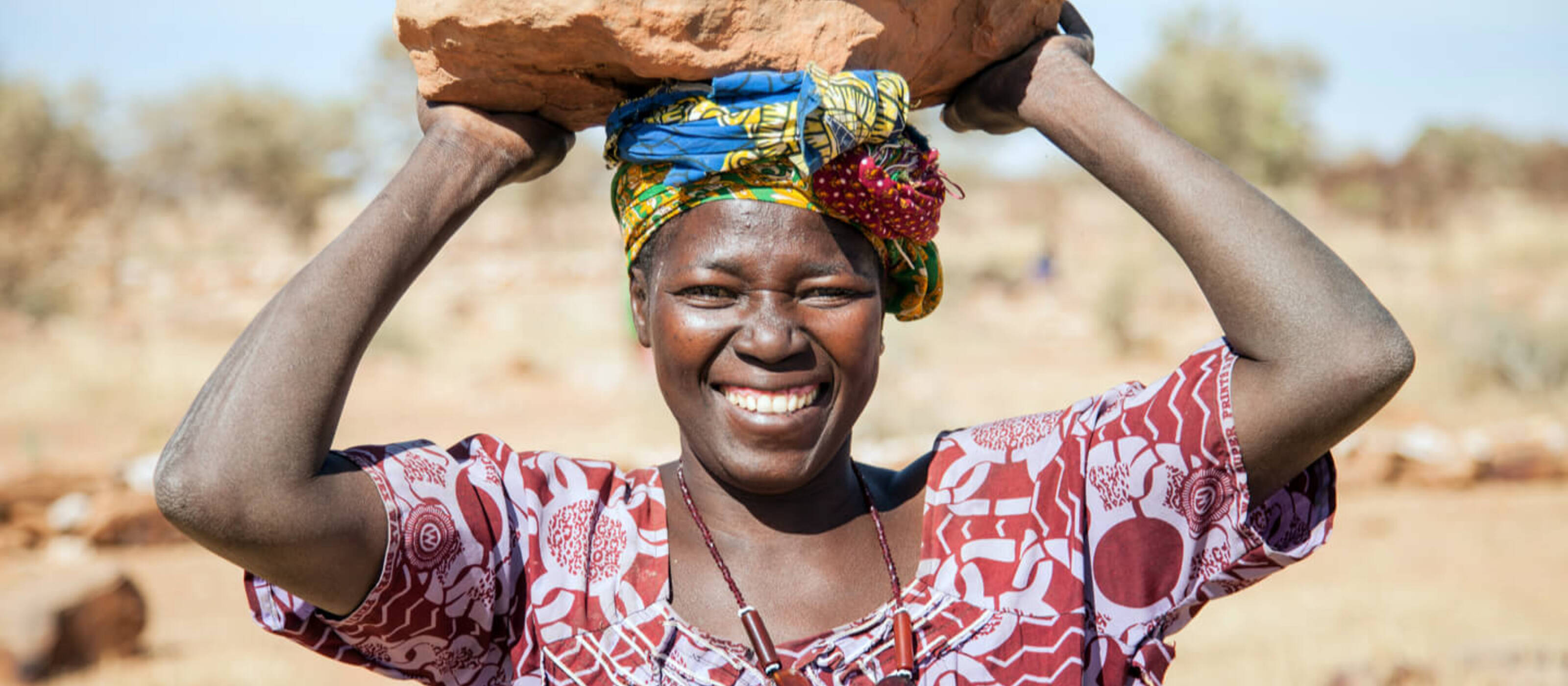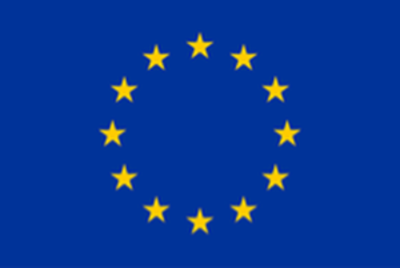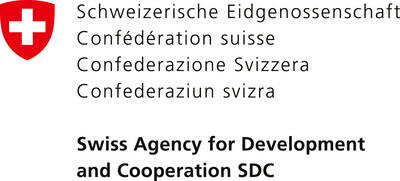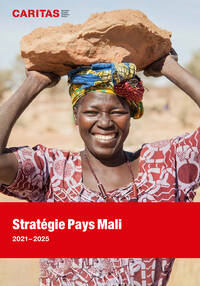

Mali
What we do
The people of Mali face multiple risks and challenges in their daily lives due to political instability and security threats, conflicts, a weak economy and climate change. Half of the population live in extreme poverty, and most people live in the rural areas where 90% of the poor are concentrated. People are particularly affected by food insecurity, and forced displacement and migration in search of income are on the rise. Caritas Switzerland’s 2021-2025 strategy for Mali is therefore based around the thematic areas of income (including food security), climate and migration, in accordance with the overall objective of improving living conditions and reducing poverty.
The agricultural sector, which comprises farming, fishing and livestock, is a source of income for about 80% of the Malian population. Caritas Switzerland is working to enable the most vulnerable groups in this sector to improve their income opportunities through better access to markets – by applying the Market System Development approach (MSD/M4P), and by strengthening their technical and vocational skills. Since the agricultural sector is particularly vulnerable to extreme weather events, all activities implemented by Caritas Switzerland in this field are designed to improve how Malians adapt to climate change.
Enhanced and sustainable production techniques, such as integrated natural resources management, agroecology and access to climate information, lie at the heart of the adaptation measures Caritas Switzerland promotes. In terms of migration, Caritas Switzerland in Mali focuses on protecting vulnerable people, especially women and children, and supports them to realise their potential as development stakeholders in their communities of origin, transit and destination.
Caritas Switzerland operates in the western, central, and southern part of Mali. According to local needs, its programme involves humanitarian and development interventions (humanitarian-development nexus). All its projects follow a multi-stakeholder and participatory approach based on human rights. All projects are sensitive to gender and conflict to ensure a 'do no harm' approach.
Improving food security on the Dogon Plateau in Mali
Objectives
Income
Caritas enables youth, women, smallholders and other vulnerable people to increase their income thanks to improved skills and a more inclusive agricultural market system.
- Smallholders, and other value chain actors, have gained access to the information, tools and services needed to improve the production and processing of sustainable products and nutritious food as well as market-related services and business contacts to enter higher added-value markets.
Climate change
The basis of life is sustainably secured through the use of natural resources, adapted to climate variability and change, which takes into account the health of the supporting ecosystems.
- Agriculture and natural resource management are based on quantitative data, such as weather stations and climate services.
Migration
By covering basic needs and socio-economic inclusion refugees and migrants are better protected and contribute increasingly to their self-sufficiency and development in the countries of origin, transit and destination.
- Migrants and refugees having access to social and economic services to enhance inclusion.
- Protection of migrants and refugees is enhanced and their basic needs are covered through access to cash, goods and services.
Emergency aid
Communities in humanitarian crisis situations can cover their basic needs.
- People in humanitarian crisis situations are supported in their basic needs and get access to services in a safe, accessible and participatory manner.
Snapshot
- Engagement in the country since: 1972
- Our main partners: Wetlands International, International Water Management Institute, Hydrosolutions, Association malienne pour la protection de l’environnement et de la faune, Caritas Mali, Development and Peace – Caritas Canada, Misereor
- Our main donors: Swiss Agency for Development and Cooperation (SDC), Caritas Luxembourg, Département Yvelines, European Union*, Leopold Bachmann Foundation, Medicor Foundation
*This is funded/co-funded by the European Union. Its contents are the sole responsibility of Caritas Switzerland and do not necessarily reflect the views of the European Union.
- Social-media:
Contacts

Header image: Country programme © Caritas Schweiz


